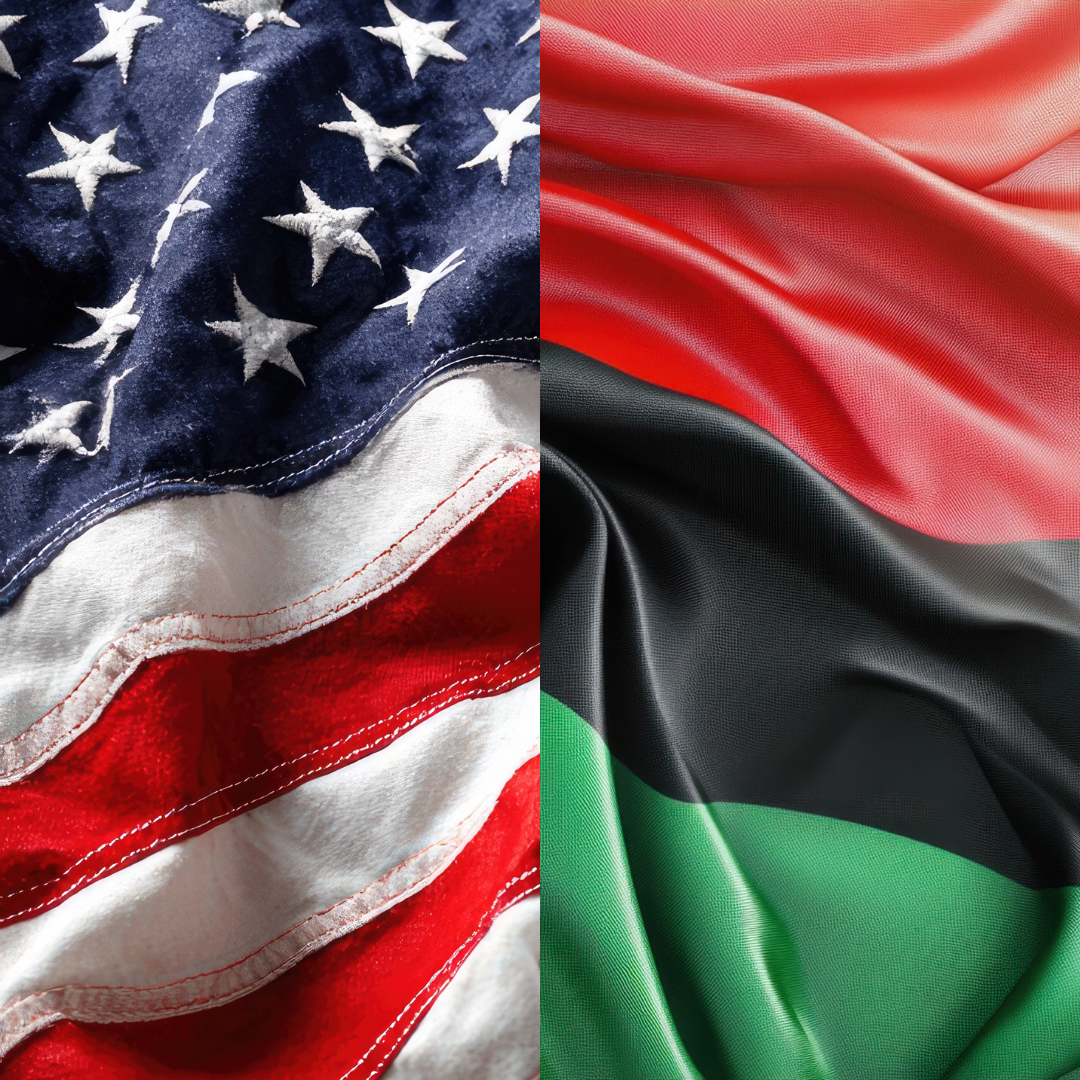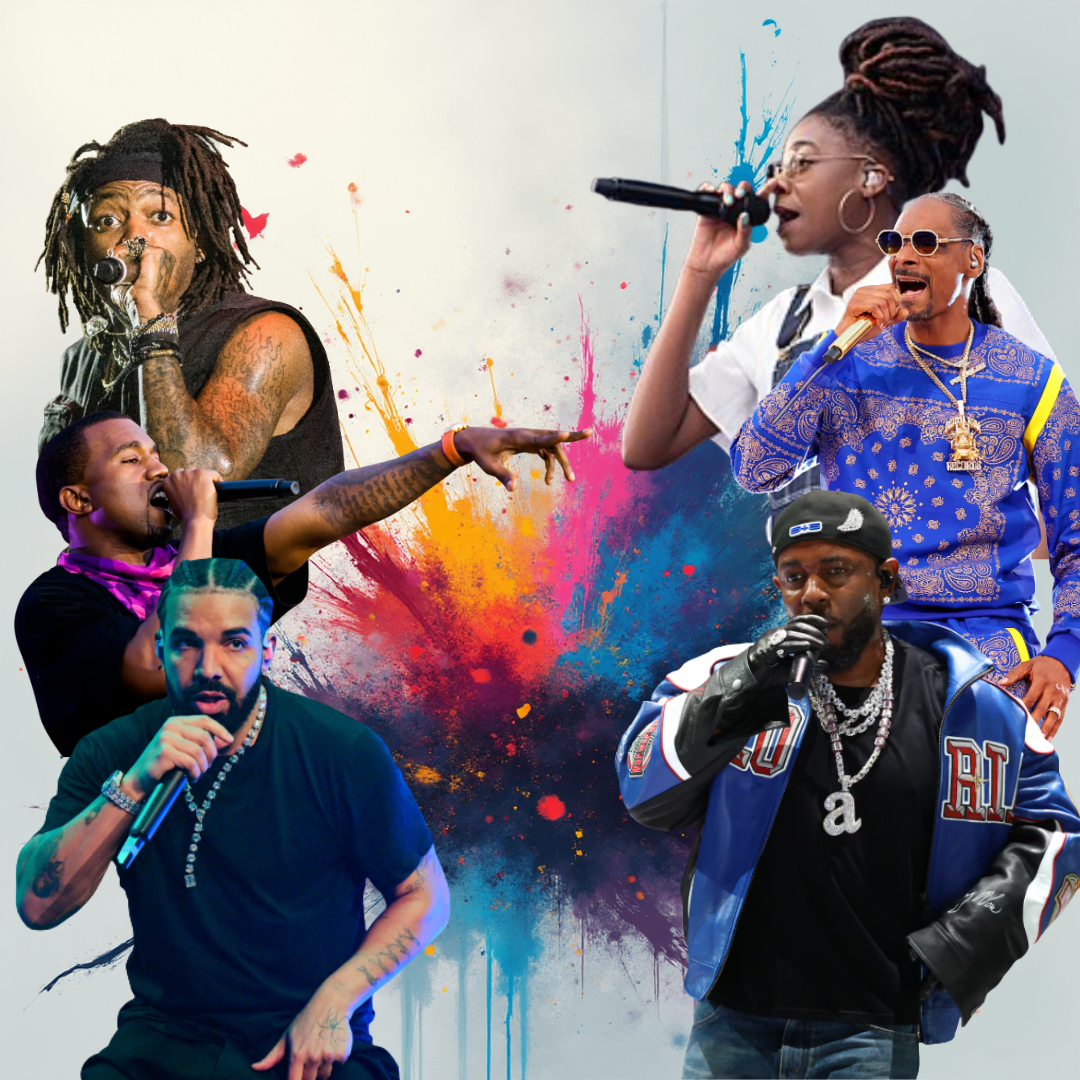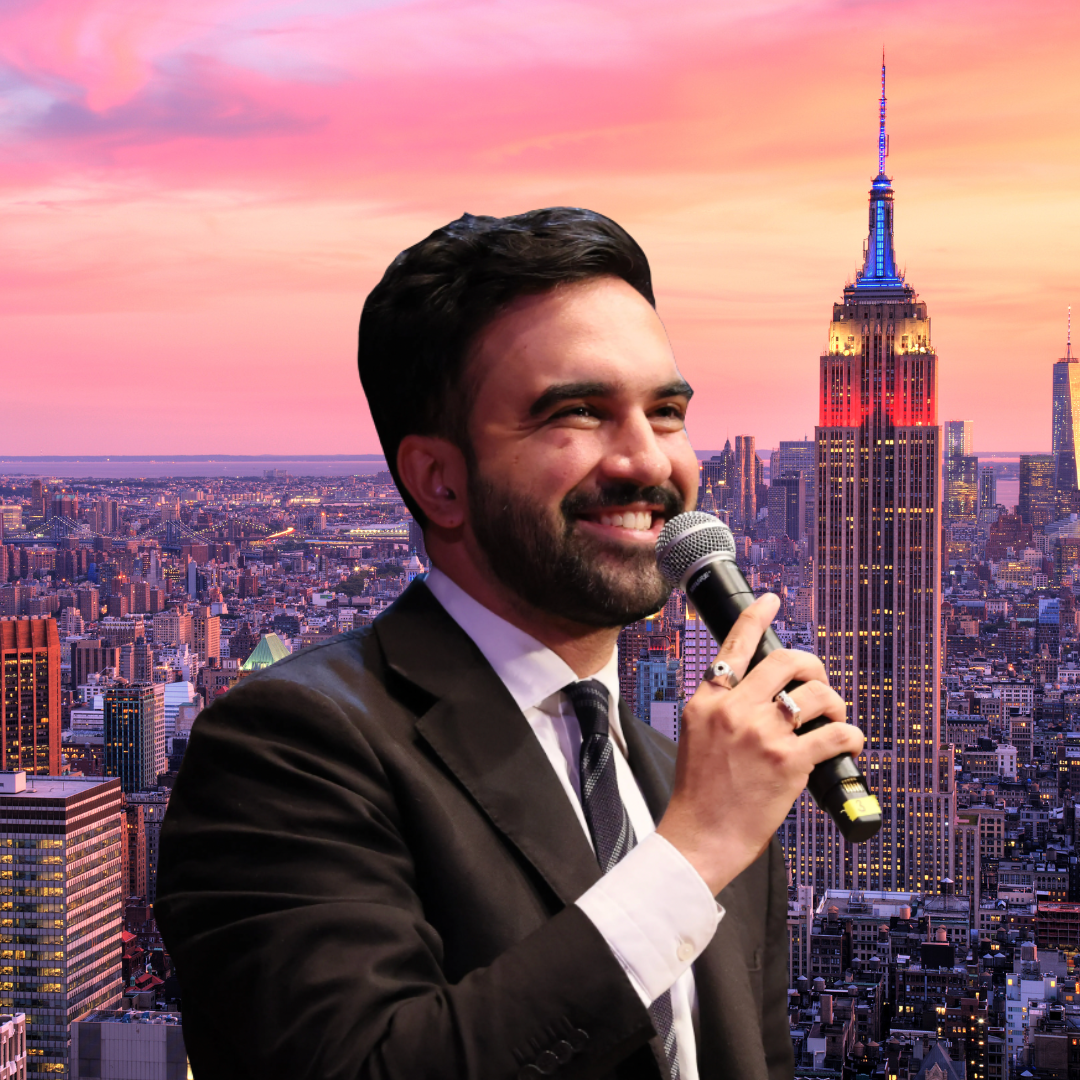Drake vs Kendrick — What it Might Say About Us and Hip-Hop
There has been no way to escape the beef. Kendrick Lamar versus Drake has been considered by many the battle of this generation.
For the uninitiated, the once friendly collaborators turned blood foes, finally brought their years of subliminal disses and passive-aggressive actions toward one another into the public, engaging in one of the most vicious, polarizing and prolific battles in hip-hop history (which at the time of this writing wasn’t officially called). For the better part of April, the two emcees exchanged various diss records that were too raw, too personal and too dramatic to ignore, whether you were a fan of them or not. Outside of a public weigh-in, stare-down and post-match interview, this beef has had everything. A shooting, a whole album made toward one of the artists (Kendrick), by a whole nother artist (J. Cole, who later apologized at his own festival and bowed out, making it a two-man royale). Several other artists releasing records (Rick Ross, Future, Metroboomin) to weigh in on the fray, maybe the first-ever AI-assisted diss tracks (Taylor Made Freestyle, BBL Drizzy, which might also be the first time a producer directly created a diss track toward a rapper) and a whole lot of inappropriate accusations against one another that may or may not have crossed an imaginary line in the culture but most certainly crossed one in the public discourse as a matter of taste.
In some ways, this battle began as what we’ve seen before in the culture. The two apex emcees at the time, acknowledging there was only enough room at the top for one of them, and the other had to go. In this particular battle, Drake was cast as the heel, much like Jay-Z was in his lyrical confrontation with Nas, the seemingly more commercially successful rapper, who catered to a mainstream audience, while Kendrick, in the Gods Son role (aka Nas) represented the living embodiment of all that was right and pure with the culture, lyricism, raw aggression and even moral righteousness. The reality is, while the war of words between both emcees drew some of these comparisons, there were several differences to years past, most notably a battle that ultimately held very few real stakes, or at least hip-hop stakes, if any for who would be considered the loser. Kendrick’s accusations of Drake being a pedophile and groomer of young women were countered by Drake’s accusations of domestic violence toward Kendrick. At points between some of the tracks, such as “meet the grahams,” “Family Matters” and “Not Like Us” the battle became a referendum on not just the character of these two men, but of the soul of hip-hop itself. The battle began with very soft, in relative terms, “disses” directed toward one another that as the weeks progressed, regressed into very intimate attacks that found their loved ones catching strays in the process. All among the backdrop of the escalation of the genocide in Gaza, and the police violence occurring everywhere across college campuses here in the U.S.
As arguably the two most recognizable hip-hop artists in the world engaged in a competition that devolved into an exercise in reckless character assassination, the world around them was burning (per usual). As of this article, seemingly the dust has settled or both men are taking a break, but in the last four weeks, there have been multiple debates that have sprung from this hip-hop onslaught. Since at least the mid-nineties, there has been a not-so secret culture war that has raged in music. The idea of pop commercial rap music versus the purist of the culture. The ways in which Kendrick and Drake approached the battle, as well as what their personal careers meant have been offered up to scrutiny. The ideas of what is admissible in a battle, to the validity of the accusations and what constitutes a good or bad diss record? These ideas were divided not only along fan fault lines, but along the lines of cultural values as well. If you were team Kendrick, you were a champion for meaning in your lyrics, artistry and revolutionary ideas. Team Drake, was the power of vibes and great entertainment. Once each man began to move their attacks toward things other than their rap styles or careers, the debate quickly shifted to what should be said in a battle? Is it fair to have collateral damage be family members and children? Again, lines were drawn based on what it meant to the listener, to what a battle was, but also on their own personal morals beyond simply entertainment. The dissection of the rules of engagement, playing out real time online and in think pieces. As the war moved into its third week, some are now critiquing whether or not this power that both men have, the power to stop the culture to discuss whatever new allegations were dropped by the other was being wisely used. Didn’t they have a responsibility to speak out about more pressing issues, like Gaza or Ukraine? Were they agitprop for the greater powers that be; distracting us from global happenings that should be at the forefront of our minds at the moment?
While this isn’t the first battle to be cross-sectioned or deconstructed in this way, none have been done to this degree or been this polarizing. These two artists have been arguably the two most successful and most influential hip-hop artists of the last 10 to 15 years. Even before their public battle, what they often said and did mattered, and mattered beyond simple what was a good or bad record. Regardless of who you liked or if you liked both or neither at all, how you viewed each of them post-beef revealed what you as an individual stand for, what you believe in and what you expect from entertainment and art unlike any battle that has ever existed. In that way, regardless of the quality of the individual songs, or however you feel about each artist as people, the stances taken reveal what it is that each of us value, and also expose are limitations of understanding our blind spots and our biases as well. In reality, we may have all lost this beef: hip-hop, Drake, Kendrick, their families, their fans and all of us who spent the last four weeks locked in a dogmatic, ego-driven circle jerk.





